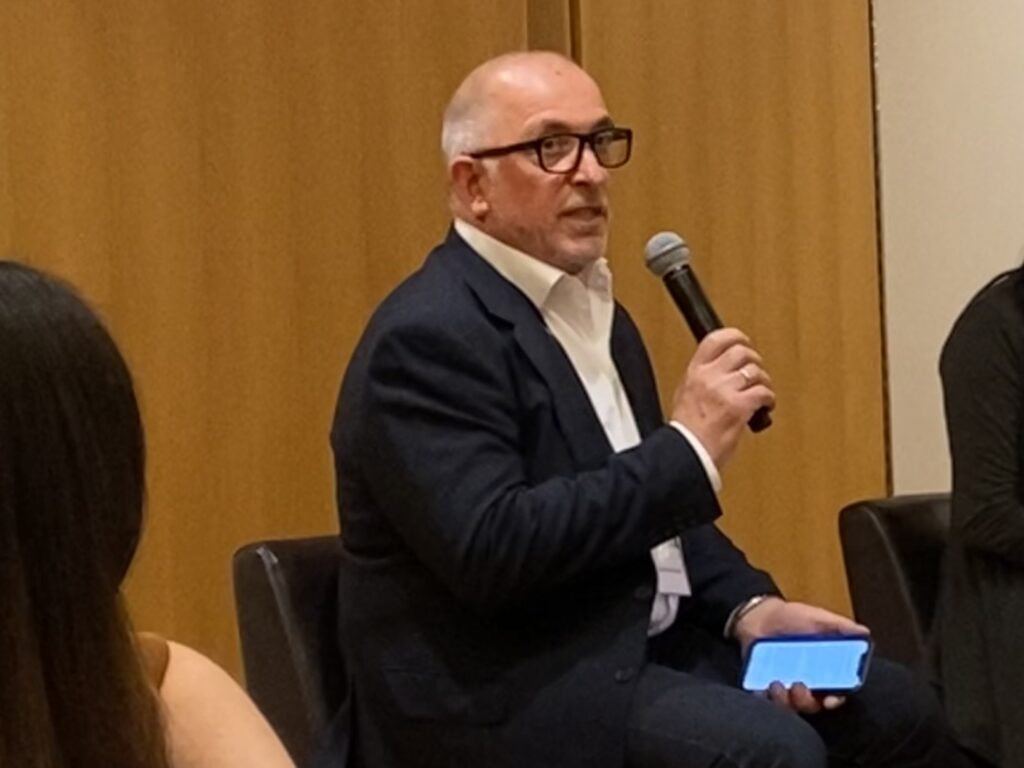
It’s often said that being a parent can be the most rewarding and challenging thing a person can experience. Comments like: ‘I didn’t realise it can be so full on’, ‘I feel like I don’t even know what I’m doing most of the time’, and of course ‘If only I had a parenting manual’ are common. And that’s coming from parents of neuro-typical children!
When we discuss parenting in terms of children with a disability and developmental delay, the conversation usually leads to early childhood intervention. And I don’t think you would find anyone who would question its benefits.
But what about the parents? Consider the added layers of complexity and challenges to navigate… where is the guidance and skill building for the family to support their child and lead a good life?
Empowering parents
Building the capacity of parents is important and fits the NDIS model. After all, they spend the most time with their child. By empowering them and activating their agency, parents reclaim their role as the person who makes the most positive difference. This skill building also helps reduce cost to the program and a parent’s perceived dependence on therapy.
Because therapy is only a part of a bigger picture. Just as the NDIS is part of making a difference, not the difference. Educators and therapists all go into their fields to make a positive impact, but a top-down approach alone is simply too slow, and also unfair on professionals. If we want better outcomes, if we want to shift from good to great outcomes, the top-down needs to be met from the bottom up!
The missing element is us: the parents. We are already working so hard, but parents can get stuck in a medical model of focusing only on our children’s deficits and ‘fixing’ them. Many are overwhelmed, waiting to be guided in a model that has us, without realising it, relinquishing our agency.
Imagine: Engaged, involved, empathic parents connected to possibilities and a positive future for their child and family. It’s a change in mindset—helping parents see their children more fully and keeping connection and joy with their child as early as possible. I reflect on the four years that I lost. Four years of not seeing qualities that my daughter always had that were invisible to me, yet in plain sight.
Next steps
Going from reliant to empowered is a big step. If parental agency that supports and guides our child’s independence is the goal, how do we break it down and begin?
I see the next possible step as teaching parents to reframe formal and informal supports. These different areas represent their child’s team, led by the parent. In fact, some if not all the team may already be in place! They work together for common goals and outcomes.
No parent wakes up with a goal of being an average parent, and no professional aspires to deliver an average service. Professionals want to work in partnership with parents and welcome stronger relationships. To move away from a reliant relationship, parents will need guidance and support in understanding what a partnership is like to unite and lead the team.
I want to be clear: this is not about asking parents to do more, but helping them get more from the effort they are already applying.
I woke up one day and realised I was in the passenger seat of my own journey. I then realised that I had a choice: I needed to be driven from within, or I would remain in the passenger seat and be driven by others. By building true family leadership that promotes positive outcomes for children and family life, the NDIS as a scheme can improve and better meet the needs it set out to achieve.
~ Melo Kalemkeridis
Peer worker










